When a website has been defaced, it is often the most visual and obvious hack that a website can suffer from. They also come parceled with their own exquisite sense of dread. Nothing gives that gut-wrenching feeling of “I’ve been hacked” more than seeing this on your home page:
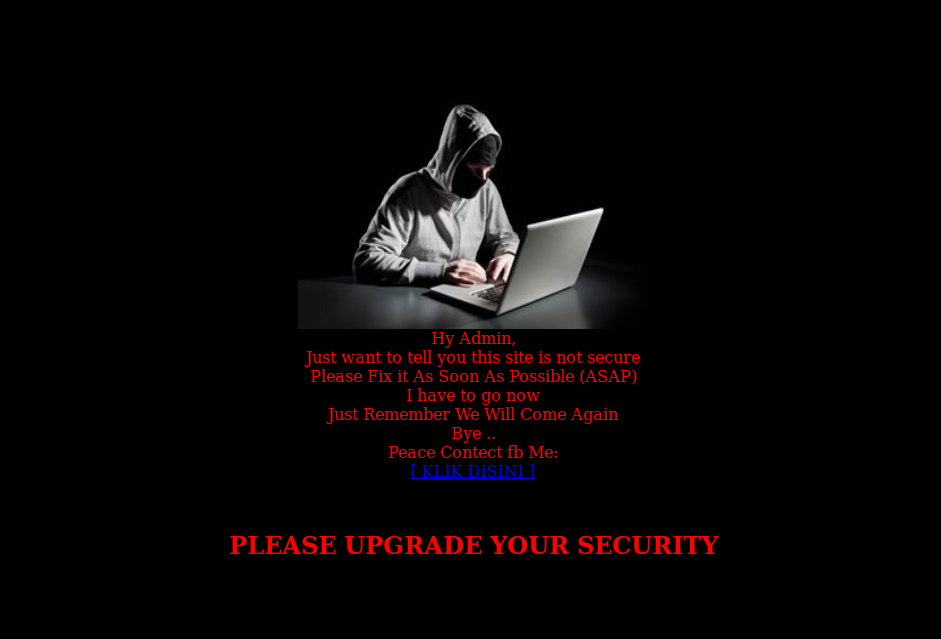
Most malware that we see on a daily basis is driven by some desire to profit off of victims – classic pharma spam or theft of credit card details and personal information.
By contrast, most defacements have little to no financial incentive. They are almost always done to further some political, religious or ideological goal. It may appear as though the websites are defaced by Anonymous or groups like the Syrian Electronic Army. The FBI even warned about ISIS hackers defacing WordPress websites. Some attackers will try to deface as many sites as possible with their ‘calling card’ just to prove how “l33t” (elite) they are, or to give attention to whatever cause they are trumpeting.
These hacks remind me of by-gone days when computer hacking was done primarily for mischief and trouble-making and less associated with the nefarious criminal underworld. We also see school websites defaced on a regular basis by students. Don’t underestimate the number of bored kids who are learning how to hack.
A lot of the time all that is tampered with is the site’s index.php file which can easily be restored by downloading a fresh copy of whatever CMS you use. A more nasty defacement, though, will overwrite something like your WordPress wp-config.php file entirely… and if you don’t have a backup, well, make one right now for a rainy day. 🙂
Now, having said all this, while all website defacements are primarily about the shock value much of the time they are coupled with malware, too. If this ever happens to your site assume it is fully compromised and act accordingly. Whoever defaces a site will almost certainly place a few backdoors for easy access later on. The more harmful hacks will also attempt to infect end user computers visiting the site.
For this reason, if you ever suffer from this sort of calamity make sure you perform a thorough check for any malicious files! Otherwise you’ll likely end up with the same problem soon after.
There are a whole bunch of ways that this can happen – websites that employ poor password management and/or use out of date software are easy, low-hanging fruit for these vandalists. Naturally, our clients using our CloudProxy firewall are protected against such attacks.


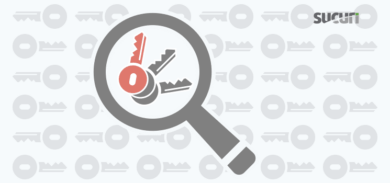




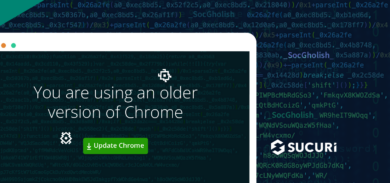
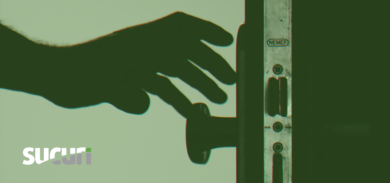
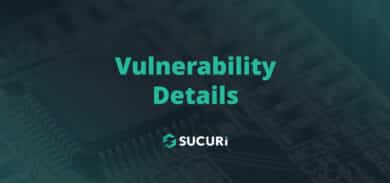
4 comments
I normally agree with the majority of the posts made on Sucuri, but this one I don’t like one bit because of the gallery. I am a strong advocate for web security and blog regularly on the subject. In my opinion this gallery is an insult to the security community. These groups shouldn’t be given any more publicity than absolutely necessary, otherwise you’re aiding them in their anarchy.
Hi @WireFlare:disqus
I wanted to take a minute to touch base.
You brought about valid points in your comment, enough so that we have decided to remove the gallery. The gallery was never designed to be an insult, but we can see how it could be perceived that way.
All the best,
Tony Perez
Thank you for understanding. Keep up the good work.
Todd
I’ve just used this guy’s services cyberblackhat41@gmail.com and he’s a legit black hat hacker, he can handle social network hacks, emails and school grade hacks, he’s actually the real deal, I was initially skeptical as I already got scammed before by all the fake email hackers with gmail address but he did come through,I was able spy on my spouse Facebook Instagram email phone
Comments are closed.